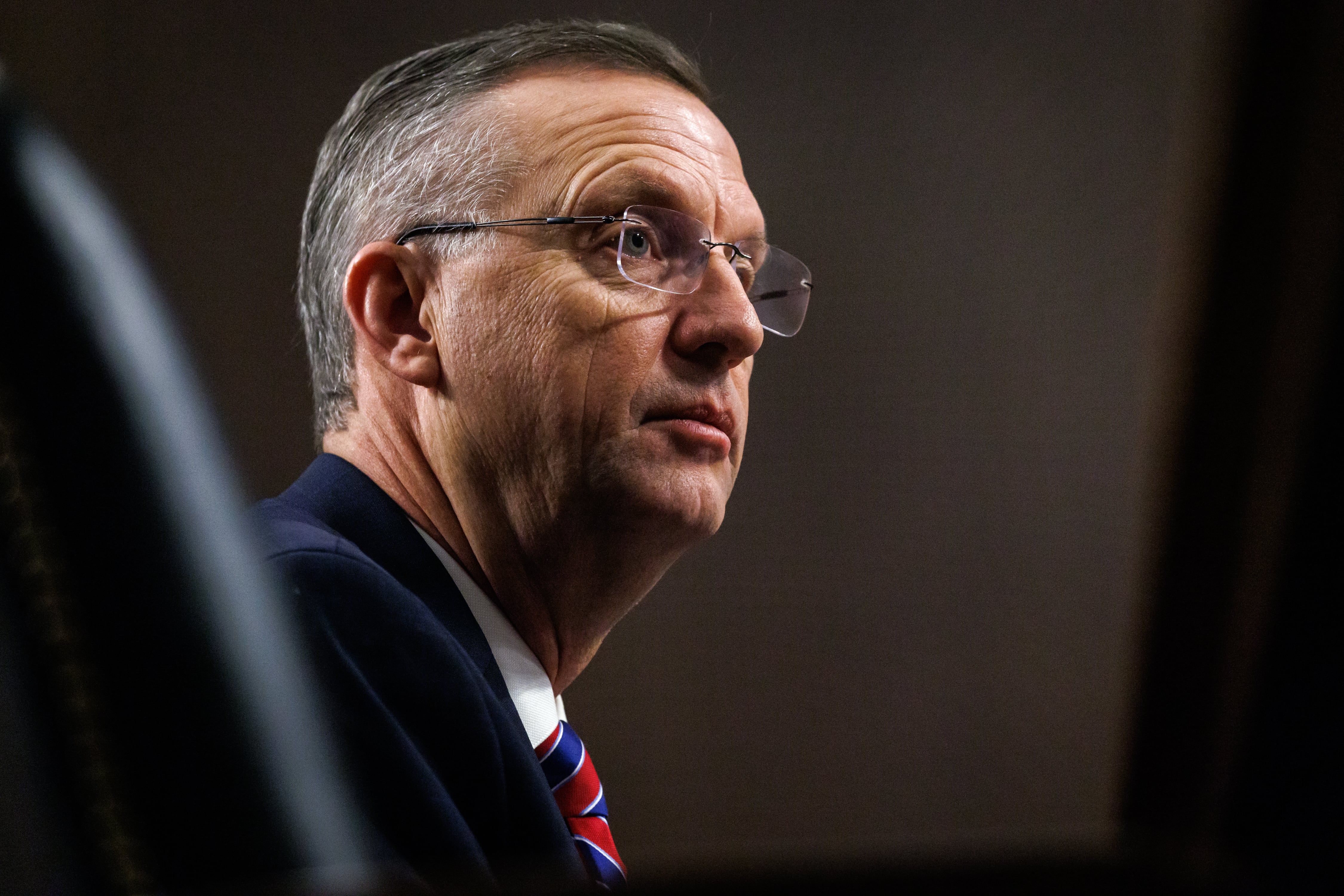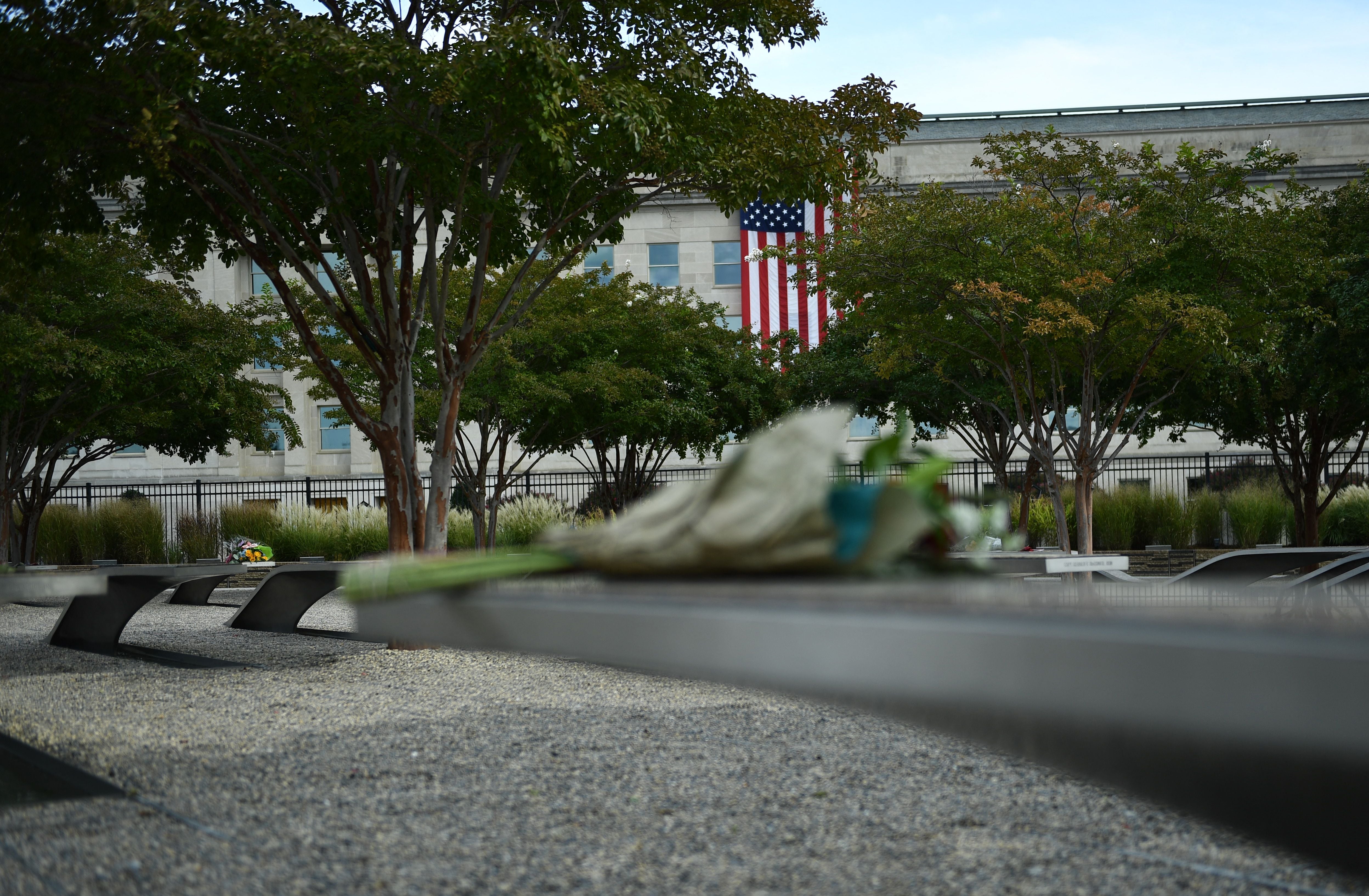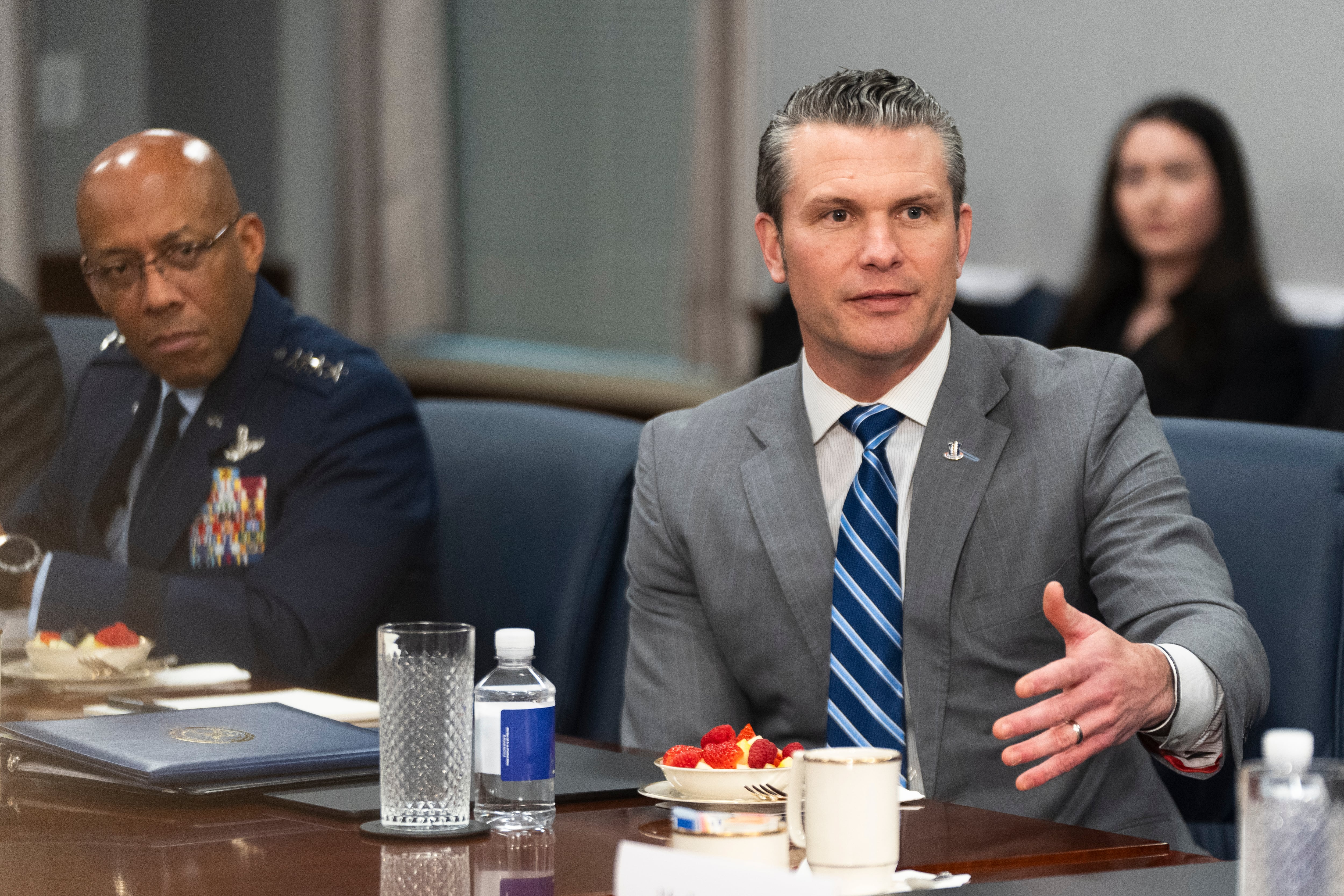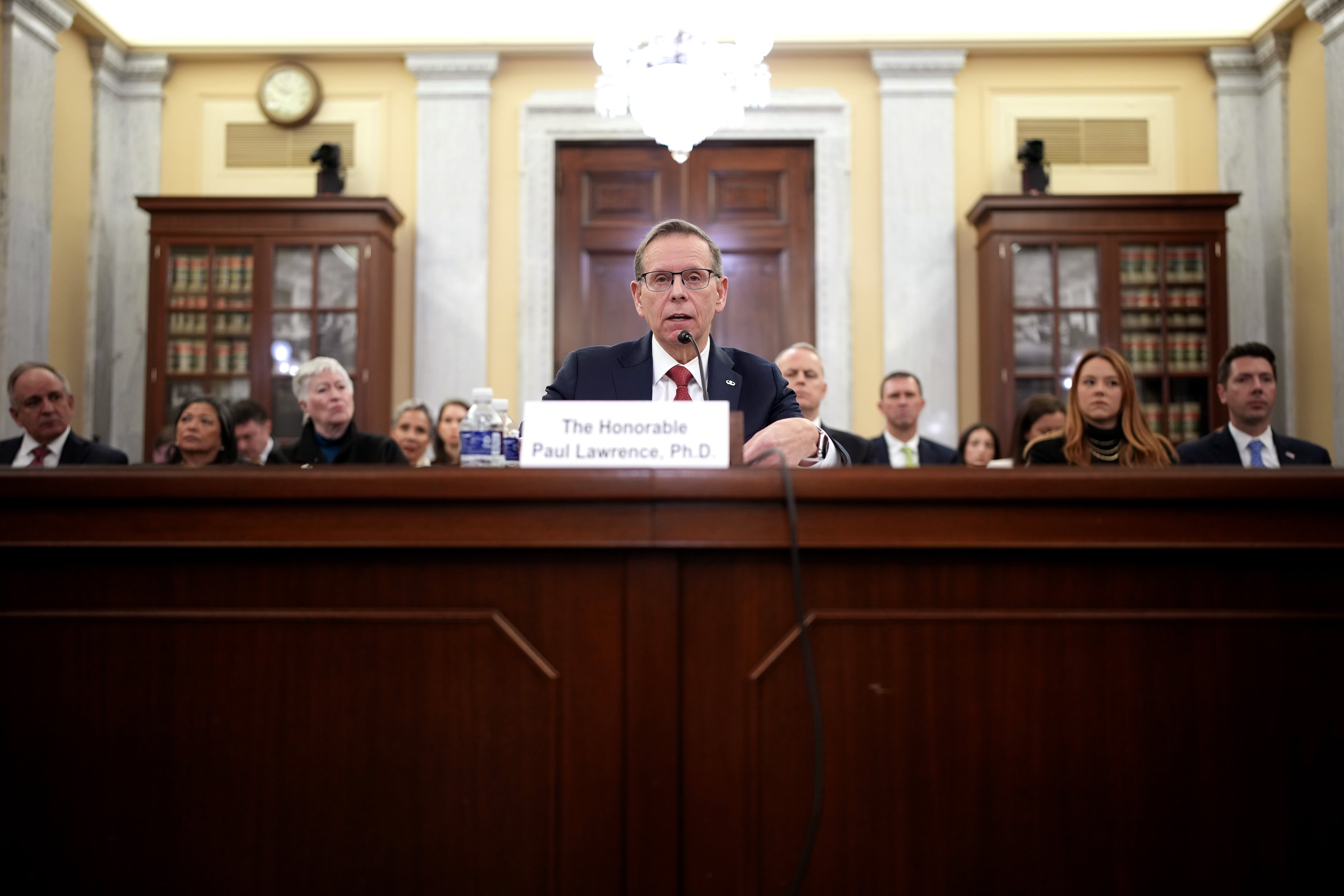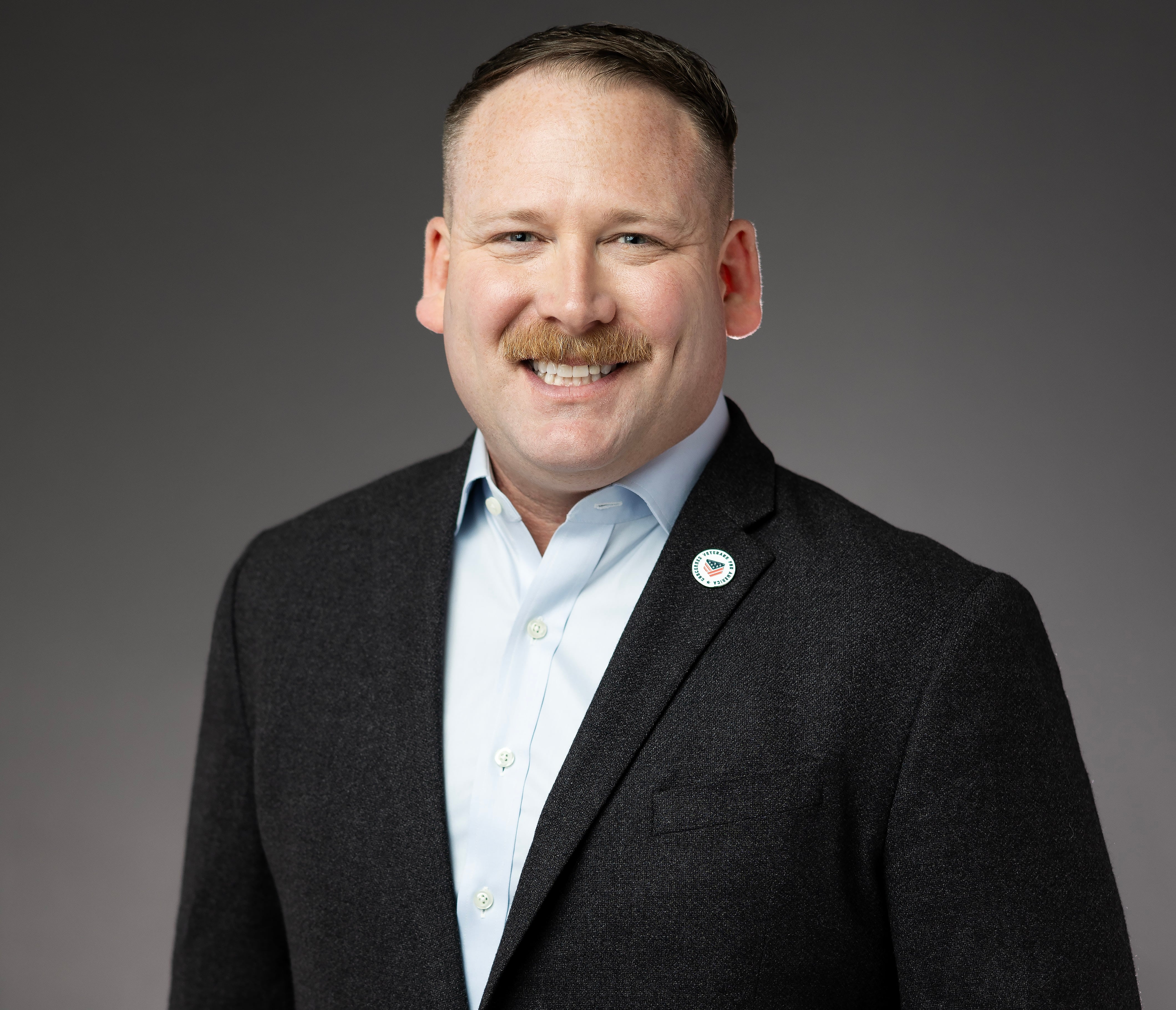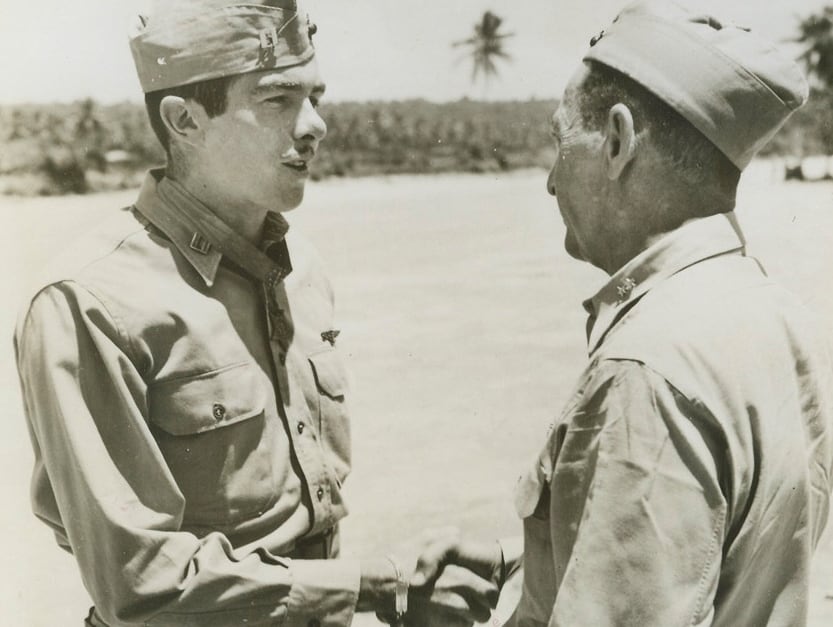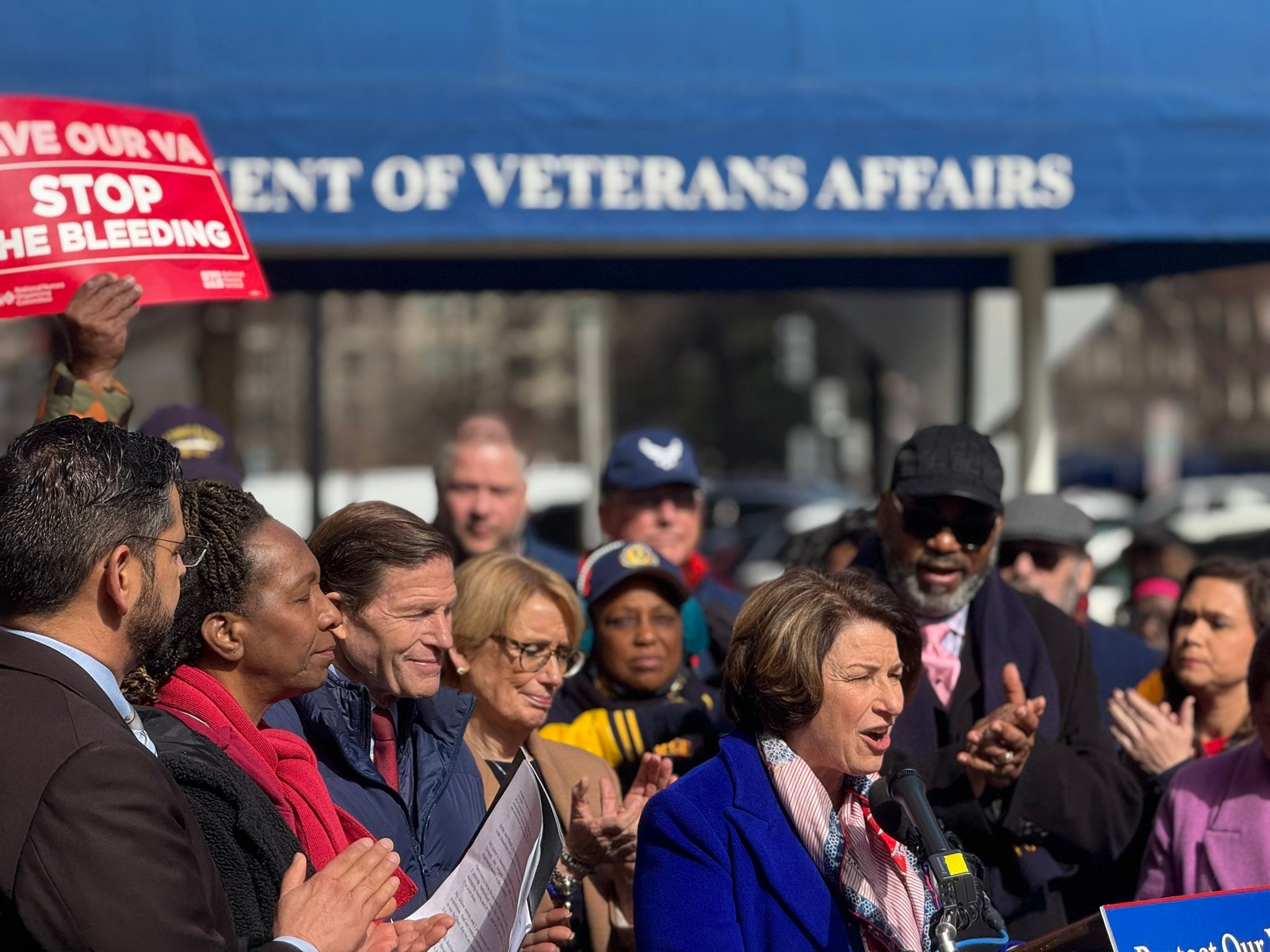WASHINGTON — New research on veterans health out this week suggests that many recently separated servicemembers aren’t getting the mental health care they need.
The findings from a pair of separate studies amplify concerns from advocates that available resources from the Department of Veterans Affairs aren’t sufficient to help veterans overcome lingering problems from their time in the military and move ahead to successful civilian lives.
The first study, released by the National Academies of Sciences, Engineering and Medicine and mandated by Congress as part of a review of veterans health issues, found a “substantial unmet need for mental health services” among veterans from the Iraq and Afghanistan wars era.
Roughly half of those veterans surveyed who showed a need for mental health care said they do not currently receive any such care, either through VA or private physicians. That group includes many veterans with prior diagnoses of post-traumatic stress disorder, depression or related challenges.
“To become a high-reliability provider of mental health care services, the VA needs to consistently and predictably provide readily accessible, high-quality mental health care at every facility for every veteran on every occasion,” the report stated.
Researchers gave high marks to VA for the care it provides, but said more work needs to be done to improve outreach to veterans in need and public awareness of resources available. They also found that younger veterans were more open to the idea of receiving mental health assistance through non-traditional methods, like internet-based services.
The second study, released by the Clinical Psychology Review, said that public focus on serious mental health problems like PTSD may be obscuring the more widespread issue of “transition stress” facing veterans as they leave the military.
"Soldiers and veterans are undeniably resilient, both by selection and by training. But they are not superhuman,” the report stated. “The process of transitioning and reintegrating back to civilian life is often stressful and can generate lasting psychological difficulties.”
Researchers found that veterans’ transition stress can include challenges such as confusion over their new role — “loss of the military self” — in civilian life, unexpected isolation or grief, and anger over military stereotypes from new civilian co-workers.
While the stress may not be as debilitating or long-term as other well-known mental health challenges, the study noted that more research should be done on how common the problem is and ways to mitigate related challenges.
VA Secretary David Shulkin has repeatedly stated his top clinical priority for the department is suicide prevention, an issue that is closely tied to VA mental health care and research. Earlier this month, President Donald Trump signed a new executive order mandating better coordination of prevention efforts by VA, Department of Defense and Department of Homeland Security leaders.
Leo covers Congress, Veterans Affairs and the White House for Military Times. He has covered Washington, D.C. since 2004, focusing on military personnel and veterans policies. His work has earned numerous honors, including a 2009 Polk award, a 2010 National Headliner Award, the IAVA Leadership in Journalism award and the VFW News Media award.

